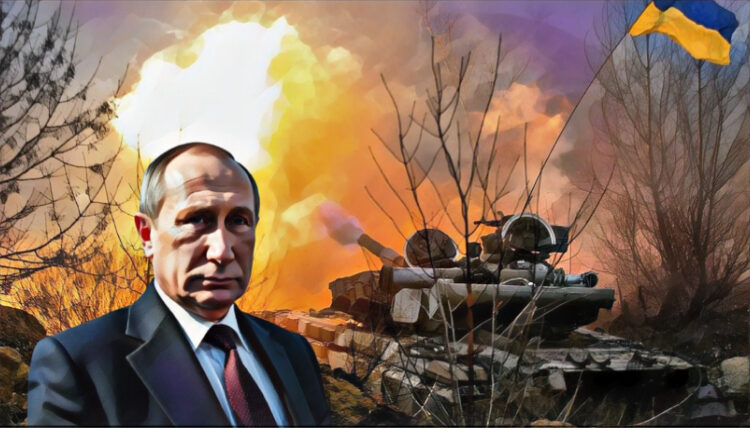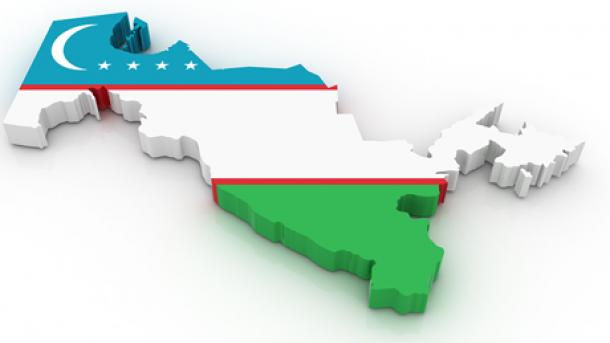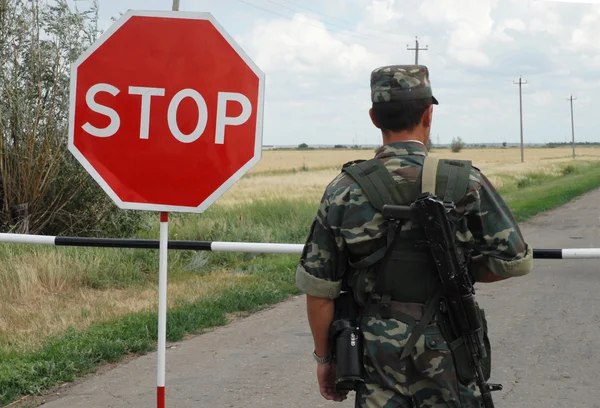Cuts to USAID Leave Central Asia Facing Development Challenges
When American President Donald Trump announced a freeze and overhaul of his country's foreign aid in early 2025, the move sparked concern across Central Asia. For more than three decades, the United States Agency for International Development (USAID) had been a key contributor to development in the region, supporting education, healthcare, agriculture, and environmental protection. Support for Weaker Economies USAID’s role was particularly critical in economically vulnerable countries like Kyrgyzstan and Tajikistan. Its sudden withdrawal now leaves local governments scrambling to compensate with limited domestic resources. The cuts have not been uniform, but the overall impact has been profound. According to the Center for Global Development, Tajikistan and Kyrgyzstan lost 78 percent and 69 percent of their USAID-backed programs, respectively. In Kazakhstan, Turkmenistan, and Uzbekistan, nearly all aid programs were discontinued. Foreign aid to the region has often reflected shifting geopolitical dynamics. In Uzbekistan, for example, support surged from $6 million to $40 million in 2016 following President Shavkat Mirziyoyev’s rise to power. Kyrgyzstan received $75 million in 2010 amid negotiations over the U.S. military base there. In contrast, aid to Turkmenistan fell to just $2.8 million by 2024. Limited Time to Adjust While Kazakhstan’s more robust economy allowed for a gradual reduction in U.S. assistance, American companies remain active in its vital oil sector. Yet the abrupt nature of the broader aid pullback has disrupted numerous projects with little warning. Health and education initiatives were halted, as were efforts to bolster trade and cross-border infrastructure, critical for Uzbekistan and Kazakhstan as they seek to deepen global economic ties. Environmental initiatives also suffered. With Central Asia especially vulnerable to climate change, USAID had funded resilience-building programs focused on water access and renewable energy. These efforts have largely ceased, raising concerns among farmers and local communities who had come to rely on them. Civil Society Under Strain Some governments in the region may quietly welcome the cuts, particularly those wary of foreign-backed NGOs. USAID frequently partnered with local civil society organizations and media outlets, entities that Central Asian authorities often view with suspicion. The loss of U.S. support has left these groups increasingly exposed to state pressure. Tajikistan offers a telling case. In 2020, USAID partnered with the Aga Khan Foundation during the COVID-19 pandemic. But two years later, following unrest in the country's Gorno-Badakhshan Autonomous Region, the government launched a crackdown on the foundation. This underscores how some aid programs, especially those linked to civil society, are perceived as threats. Although USAID did not operate programs directly, its funding empowered local partners. With that backing gone, and less pressure from Washington, several Central Asian governments have tightened their control over independent organizations. Seeking Alternatives Replacing USAID’s role will not be easy. The European Union and countries such as France and Germany have long supported development in Central Asia, but their resources are stretched, especially with increased attention and funding directed toward Ukraine. Despite EU pledges of investment via the Global Gateway initiative, support for democracy, civil society, and human rights...






